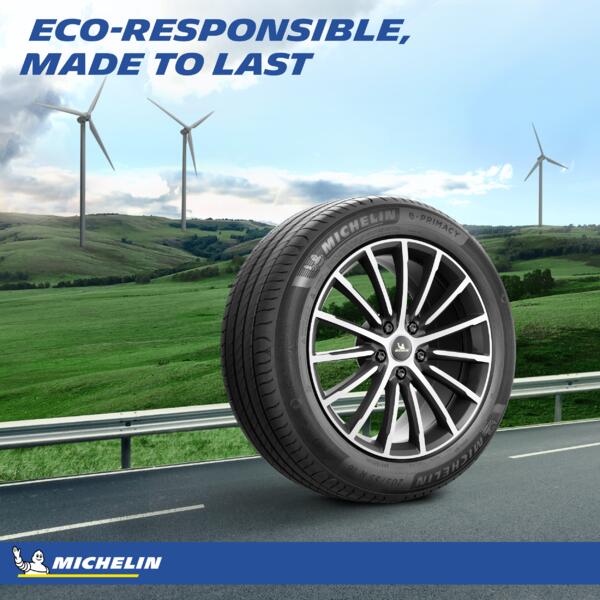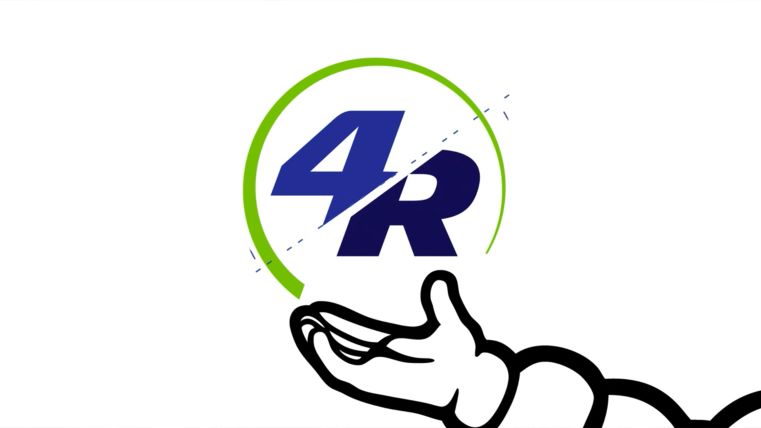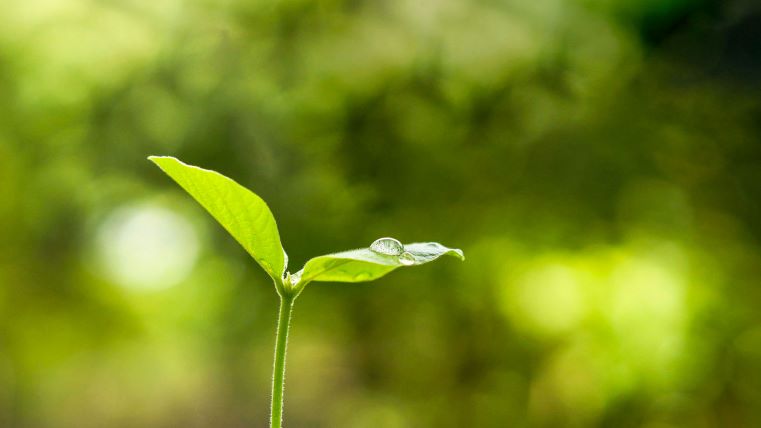Michelin have an extensive sales force supporting the thousands of tyre distributors in the UK and the Republic of Ireland from car tyre to truck, agricultural as well as specialist industrial and earthmover, this is backed by a comprehensive sales and technical support.
Michelin are moving forward sustainably by focusing on three main aspects; safety, improved economy and reduced environmental impact. The steps they are taking to reduce environmental impact include reduced raw material usage and reduced CO2 emissions. The Michelin website offers articles that can guide you on steps you can take to reduce your C02 emissions.
Safety:
Michelin is committed to bringing its customers – individuals and professionals alike – tyres that stay safe and high-performing, no matter how many miles they have driven. The fact that wet braking performance, which is key to safety, decreases as tyres are used highlights the importance of evaluating worn tyres. Contrary to popular belief, tread depth does not guarantee safe tyres. The real difference lies in how well tyres are designed. That’s why Michelin invests over 600 million euros in research and development every year. But Michelin’s Long-Lasting Performance approach goes beyond enabling everyone to insist on tyres that stay safe from the first mile to the last: it’s also good for the environment and consumers’ budgets. How? Because having tyres that are still safe when worn means changing our tyres less often. That’s better for the planet since it saves resources and reduces CO2 emissions.
Sustainability:
Becoming the leader in sustainable mobility is the ambition and purpose of the Michelin group, an ambition reaffirmed by its Long-Lasting Performance approach. Since 1992, Michelin has launched five generations of car tyres and three of truck tyres offering superior energy efficiency. Rubber and synthetic product consumption has also been significantly reduced thanks to investments in research and innovation, which have led to the development of lighter, longer-lasting tyres that can bear heavier loads. Michelin’s approach to designing tyres that rise to the challenges of sustainable development can be summed up as “guaranteeing long-term performance.” Michelin’s 4R strategy, ‘Reduce, Reuse, Recycle, Renew’ is actively involved in the circular economy throughout its tyres’ life cycle. As of 2018, around 28% of the components used to manufacture Michelin Group’s tyres were classed as ‘sustainable’. Michelin has committed to switching to 100% renewable, recycled and bio-based materials for its tyres by 2050.
Innovation:
One of the major themes of our strategy is using innovation to differentiate our products and services from the competition. Innovation consolidates the Group’s technological leadership. Michelin’s teams are constantly working to develop the products, offers and services of the future — for safer, more accessible, cleaner, and more connected mobility that consumes less energy and fewer resources. To achieve that goal, Michelin is always seeking to diversify its sources of innovation at all levels.
Products:
The MICHELIN ePrimacy is an eco-responsible tyre which is made to last. Introduced this year, it has the lowest fuel consumption and CO2 emissions in its category. The Energy Passive Compound reduces energy dissipation. Made with a high level of safety even after over 18,000 miles of use, the braking distance remains below the official level for a new tyre. With an increase of battery range by 7%, the MICHELIN ePrimacy tyre ensures smooth, stress free electric driving.




